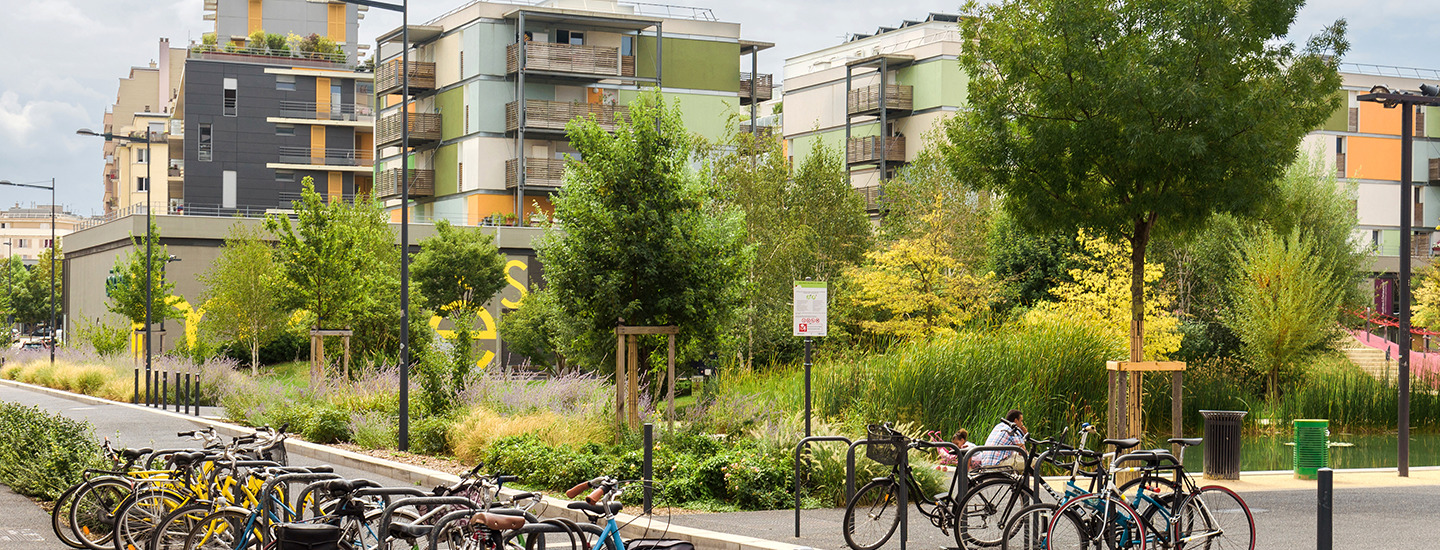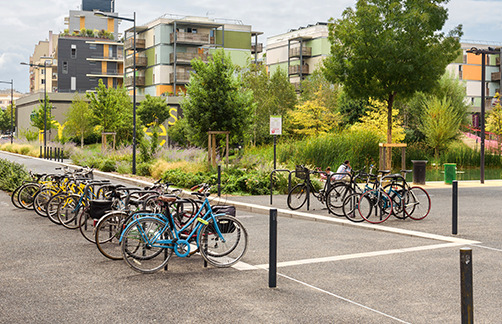As world-leading experts in the safety and sustainability of the built environment, BRE has responded to the UK government’s consultation on changes to the National Planning Policy Framework (NPPF).
We welcomed the commitment in the consultation to carry out a fuller review next year to make sure that the NPPF contributes to climate change mitigation and adaptation as fully as possible.
While we welcomed some aspects of the 2020 Planning White Paper, we were concerned that climate change was not mentioned. Along with many others in our sector, we think that the link between buildings, and meeting the UK’s net zero target should be more explicit, to make sure that all future design and construction addresses the need to eliminate net carbon emissions, throughout a building’s life cycle. This new consultation had a number of very welcome proposals in it.
“Only by understanding the full carbon impact of all planned developments, including embodied and operational carbon emissions, can the planning system begin to incentivise carbon neutral or – even better – carbon positive building.”
BRE strongly supports the proposal in the consultation for the introduction of local carbon impact assessments, and we believe that the tools and methodology to do this already exist.
Only by understanding the full carbon impact of all planned developments, including embodied and operational carbon emissions, can the planning system begin to incentivise carbon neutral or – even better – carbon positive building.
BRE also welcomes the commitment to incorporating carbon impact assessments into the planning system. The built environment is a vital component in the UK’s progress towards net zero, and we believe that the projected carbon impact of new buildings, developments and infrastructure projects must be a significant factor in granting planning permissions.

Given that 80% of the buildings which will exist in 2050 are already here, the renovation and refurbishment of existing buildings must also demonstrate a material improvement to the operational carbon emissions of a building.
Carbon assessment methodologies for new developments should consider the whole life carbon impacts of buildings with particular focus on embodied and operational carbon emissions.
BRE recommends a whole life carbon approach, for example aligning to EN15978, the British Standard which specifies the calculation method, based on Life Cycle Assessment (LCA) and other quantified environmental information, for assessing the environmental performance of a building and its site.
Embodied carbon is important for both new build and refurbishment projects as these carbon impacts can be significantly higher than the energy impacts over the lifetime of the building especially on high performing buildings.
As the grid decarbonises and uptake of electric heat pumps continues to increase, the importance of embodied carbon relative to operational energy impacts will increase further.
BRE is involved in projects like the Built Environment Carbon Database and the Net Zero Carbon Standard, which will provide greater certainty for designers and builders about the materials they should choose to have the most beneficial impact.
We look forward to responding in more detail to the UK Government’s planned review in 2024, which will have a greater focus on climate change, to make sure that the built environment supports the UK to meet its net zero targets.

